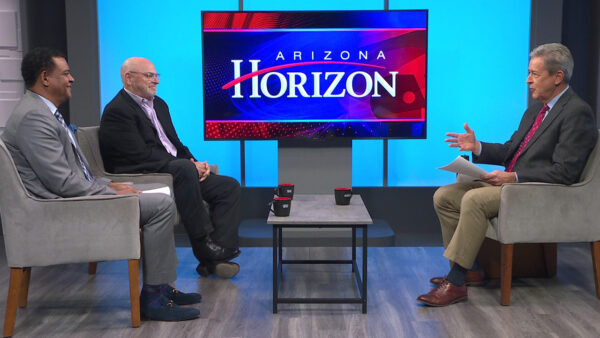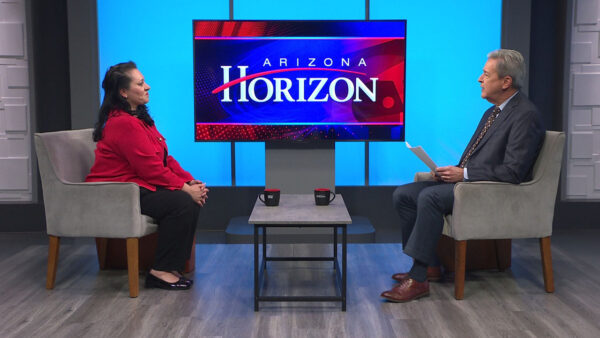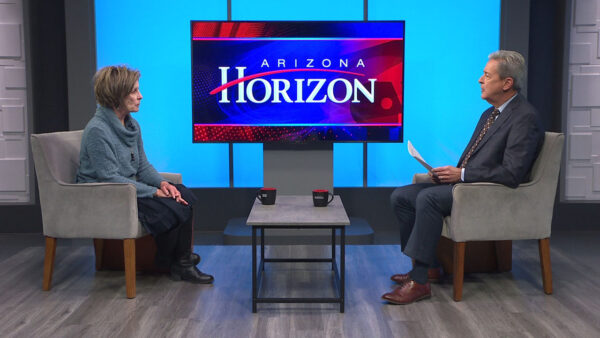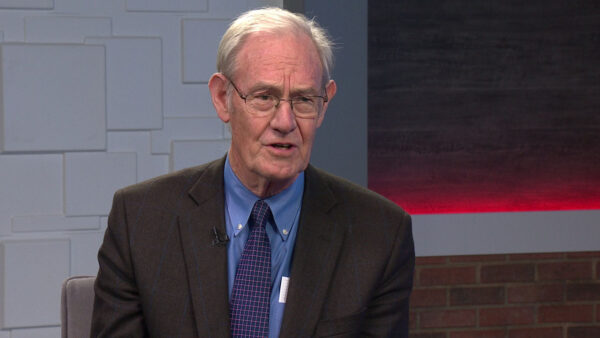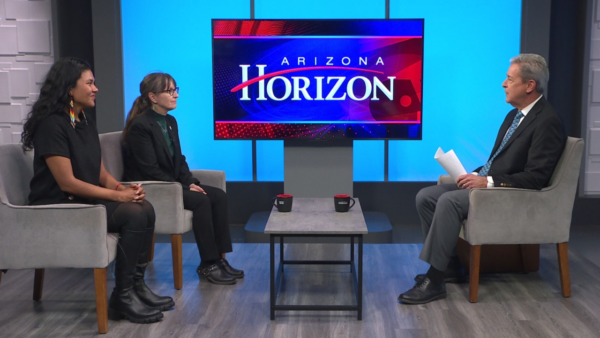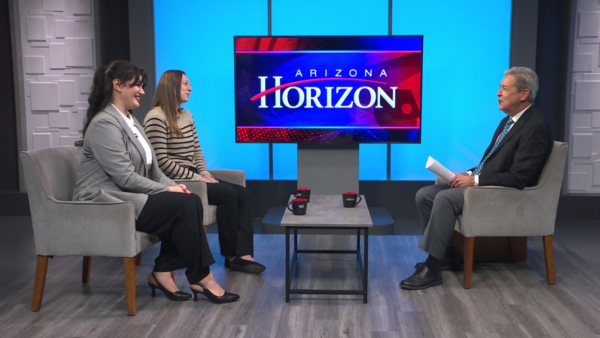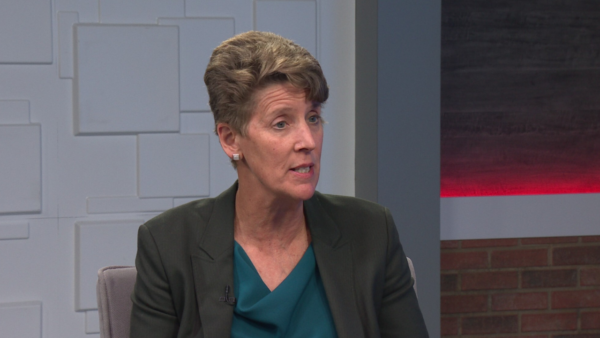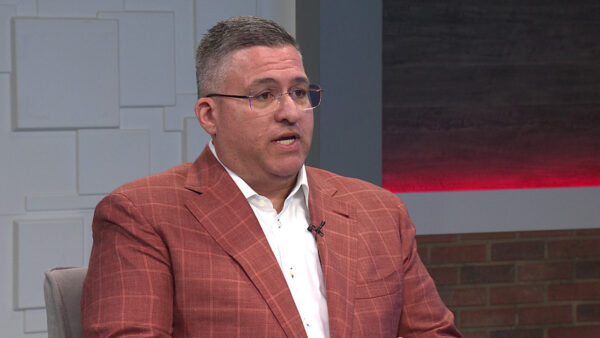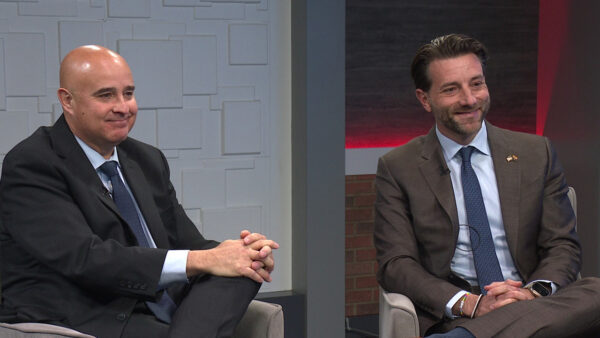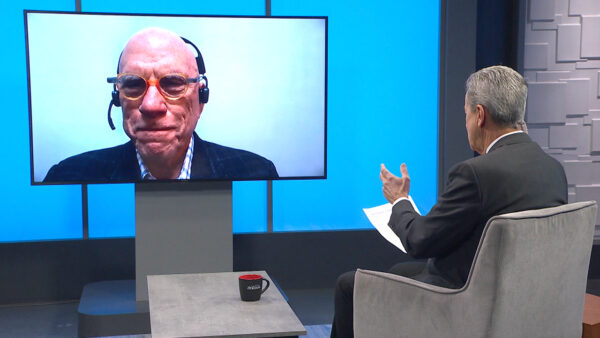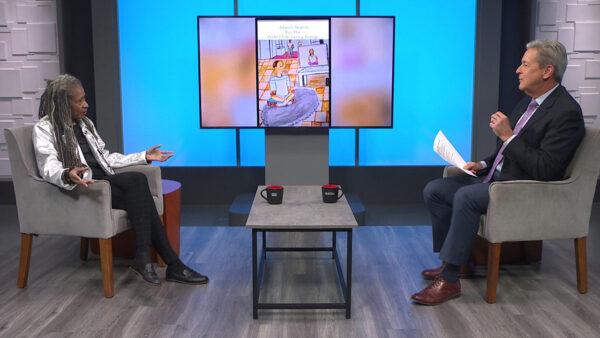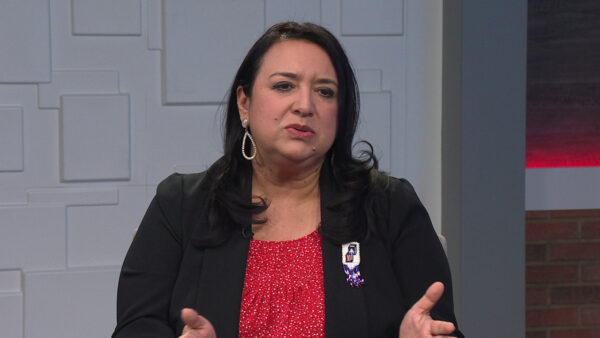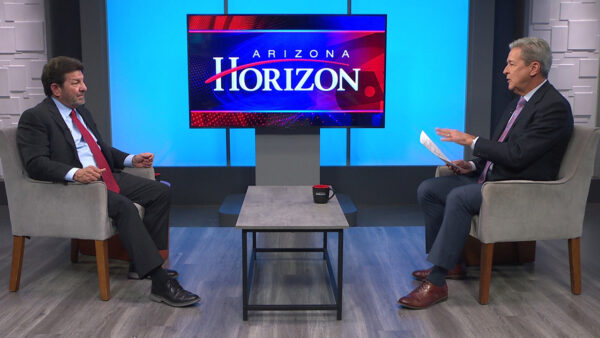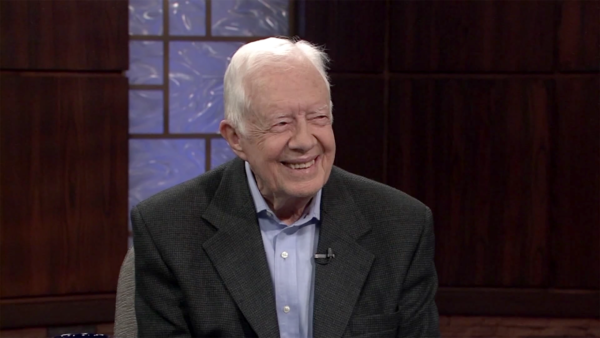A group trying to recall Maricopa County Sheriff Joe Arpaio has gathered 120,000 signatures, so far. The group, Respect Arizona, needs to gather 335,000 valid signatures by May 30 to get the recall on the ballot. Arizona Republic columnist Laurie Roberts will talk about the effort.
Ted Simons: A group that wants to Recall Maricopa County Sheriff Joe Arpaio continues To collect signatures to force the issue to the ballot. But is the recall the right thing to do and what does it Say about the state's recall process? Joining us now is Laurie Roberts, columnist for the "Arizona republic." Good to see you again.
Laurie Roberts: Good to see you.
Ted Simons: You have been writing about not only this particular recall, but the recall process in general. Is this the right thing to do?
Laurie Roberts: Is what the right thing to do? To recall --
Ted Simons: Recall a sheriff just voted into office.
Laurie Roberts: Personal opinion is, I was perplexed when they did it. I personally think that you ought to wait until he does something new wrong. I mean, he is -- he has done a lot of things that are questionable, but the voters put him back into office. You ought to have in my opinion, have a reason to want to reconsider your vote as a voter before you do this. But, the law says that they're allowed to do this.
Ted Simons: How many signatures have they got so far?
Laurie Roberts: They announced last Wednesday, very interestingly, they have , valid 120,000 signatures. That is their claim. We will not know that until the end of the process. The day after they announced that, the Arizona house passed a bill making it more difficult to recall elected officials and making it retroactive to January 1st.
Ted Simons: Yes, I thought that was interesting.
Laurie Roberts: Not only interesting, but I think it shows that they're very, very worried about this process.
Ted Simons: You mentioned , 120,000 collected so far. They need 335 --
Laurie Roberts: They need 335,000, which basically means they have to 26,000 collect about , valid signatures a week. Which roughly means they have to collect about 40,000 valid signatures total in a week. Now, I think it is all going to come down to money. Will they have the money to buy the signatures? Because these things are done by professionals paid petition circulators.
Ted Simons: With that in mind, 120,000 is such a reasonable amount of signatures so far.
Laurie Roberts: They're on target.
Ted Simons: And so -- the chance it is not only they could get it on to the ballot, but the chance that the sheriff could be successfully recalled. It is not out of the --
Laurie Roberts: I think if they get it on the ballot, he will be recalled.
Ted Simons: Why?
Laurie Roberts: Because recall is different from a regular election. What they will do is put up a republican with law enforcement experience and presumably a clean background to get head to head against Arpaio in a special election. That would split the republican vote and make it easier to get him out. That is essentially what they did with Russell Pearce.
Ted Simons: Compare and contrast this effort with the Russell Pearce effort.
Laurie Roberts: This is a bigger effort. That was a legislative district where they needed , signatures or so. Here you have to have , signatures. And they are high-fiving each other with the fact that they have the ,, if indeed they really do. But they've got a huge hurdle to get over. And that is the money that it is going to cost to do this. We have no idea where they are getting their money. State law doesn't require them to report until May. If it is like other elections, unions would pour in money. That is what they did to try to unseat him last time. Randy and the recall people are going around sounding pretty desperate for money. So, I think it is going to come down to money.
Ted Simons: Interesting.
Laurie Roberts: Do you have the money to get those signatures?
Ted Simons: You mentioned the effort in the house to make changes to the recall process, make those changes retroactive to January st. Among the changes is to have a primary election in a recall election.
Laurie Roberts: Most people --
Ted Simons: Isn't that blatantly unconstitutional?
Laurie Roberts: I think that it is. I'm not a lawyer. Neither is the guy who has the bill, representative Smith, said in a committee, read of the constitution is that the legislature shall call for primary elections. He is reading the general statute or the general section of the constitution that deals with regular elections. There is a whole other section of the constitution that deals with recall elections and it sets up a single special election and the general election rules apply. It sets it all out. I don't see how he thinks that he can add to the constitution without asking our permission first.
Ted Simons: I was going to say. I think the quote is a special election shall be ordered period.
Laurie Roberts: That's right.
Ted Simons: So, with that in mind --
Laurie Roberts: They think they can do it. You know, the law is -- the legislature is 31 and 16. And if they can get that --
Ted Simons: Does that law go into effect though? Let's say it passes the legislature and let's say the governor signs it. Does that law go into effect? What is the time table here --
Laurie Roberts: The law would be retroactive to January 1st. I can guarantee you that it will be in court before the ink is dry.
Ted Simons: That is what I was getting at. Would that be so far out of the barn that the horse would still be there --
Laurie Roberts: I think they would deal with that quickly. You will recall a legal challenge in the Russell Pearce case as well and it went to the Arizona supreme court which was fairly definitive in their answer, which was you don't tamper with recall statutes. That is our right. Legislature is running around saying this is a usurpation of the law. And recalls were never meant to be this way. We have had one recall of a state official in 101 years. So, it is not like we're running around willy-nilly recalling everybody.
Ted Simons: We should note that lots of folks have been targeted for recall and nothing ever seems to come of it. Apparently now there is a move for minority leader Campbell, to recall him. And there are people upset about that. Just because you are targeted doesn't mean you are going to get recalled?
Laurie Roberts: No, it doesn't. The group targeting the sheriff is the same group that targeted Russell Pearce and was successful. You have to take that into consideration. They have figured out the strategy. But I think they have a huge way to go just because of the money.
Ted Simons: Last question, is there, or are their names bubbling up that would take on the sheriff should this thing head to a ballot?
Laurie Roberts: I have not heard any -- the only name I heard bubbling up and I think it is wishful thinking, Rick Romley --
Ted Simons: It always seems like if you are looking for a republican that doesn't get along with the sheriff, Rick always seems to be the case.
Laurie Roberts: If it looks like they will make it, you will see some names coming up.
Ted Simons: Keep an eye on that and see how far it goes.
Laurie Roberts: And keep an eye on the legislature and see if they do this unconstitutional act.
Ted Simons: Good to have you here. Thank you for joining us.
Laurie Roberts: Okay.
Laurie Roberts:Columnist, The Arizona Republic;








